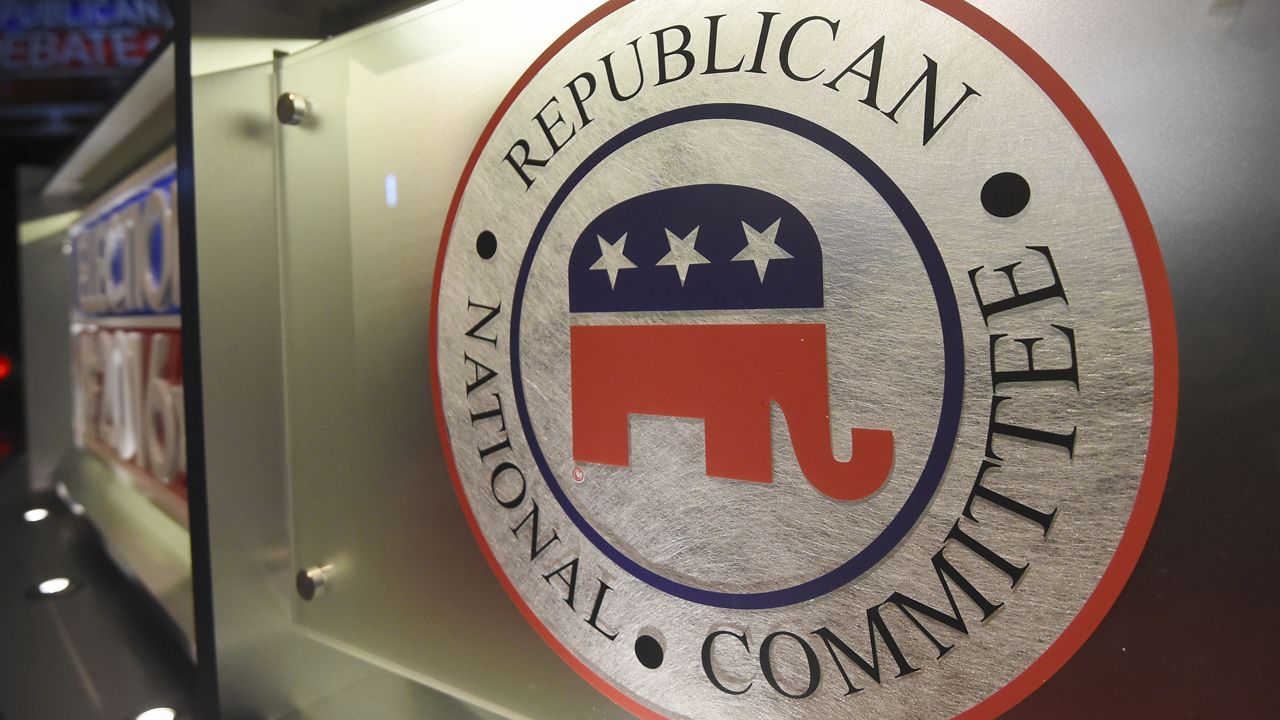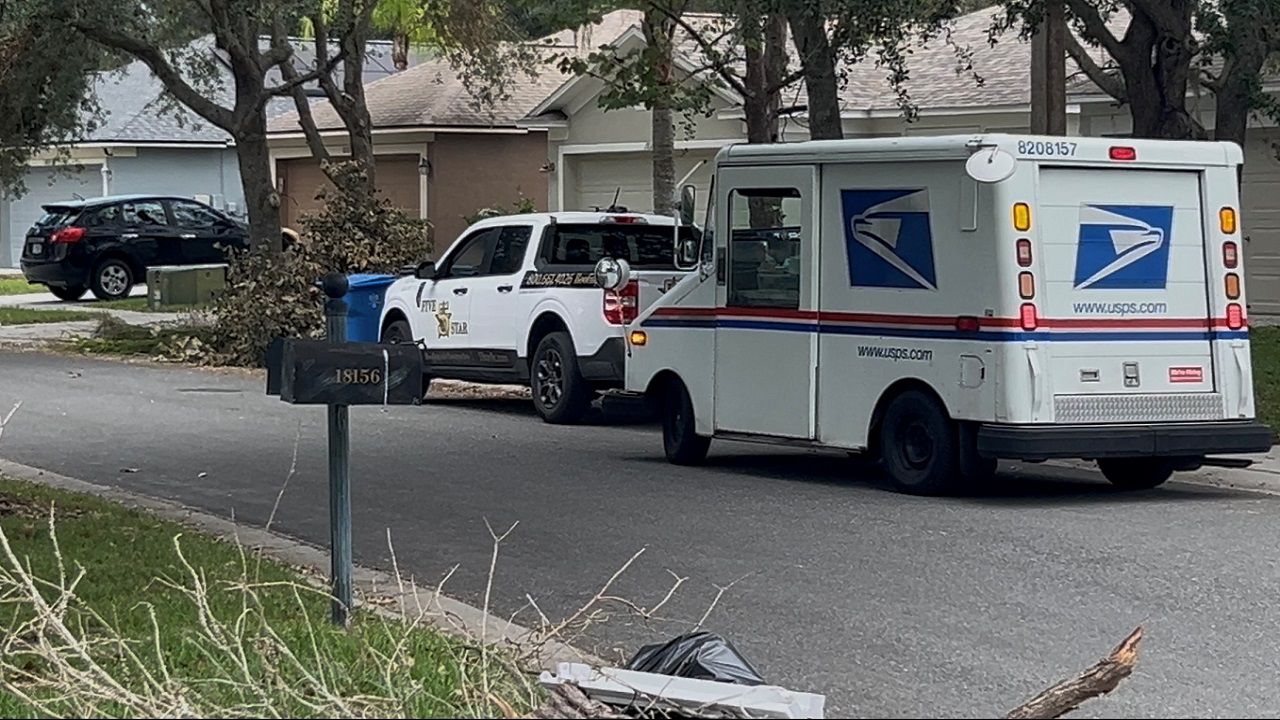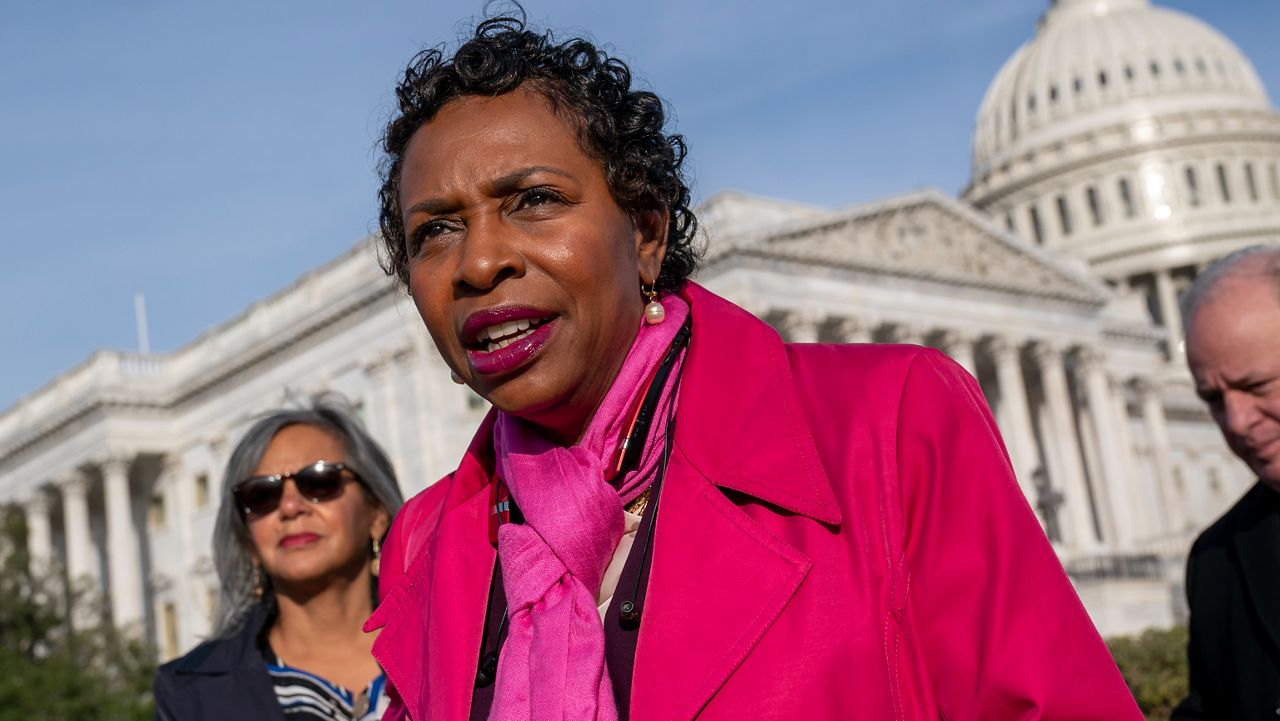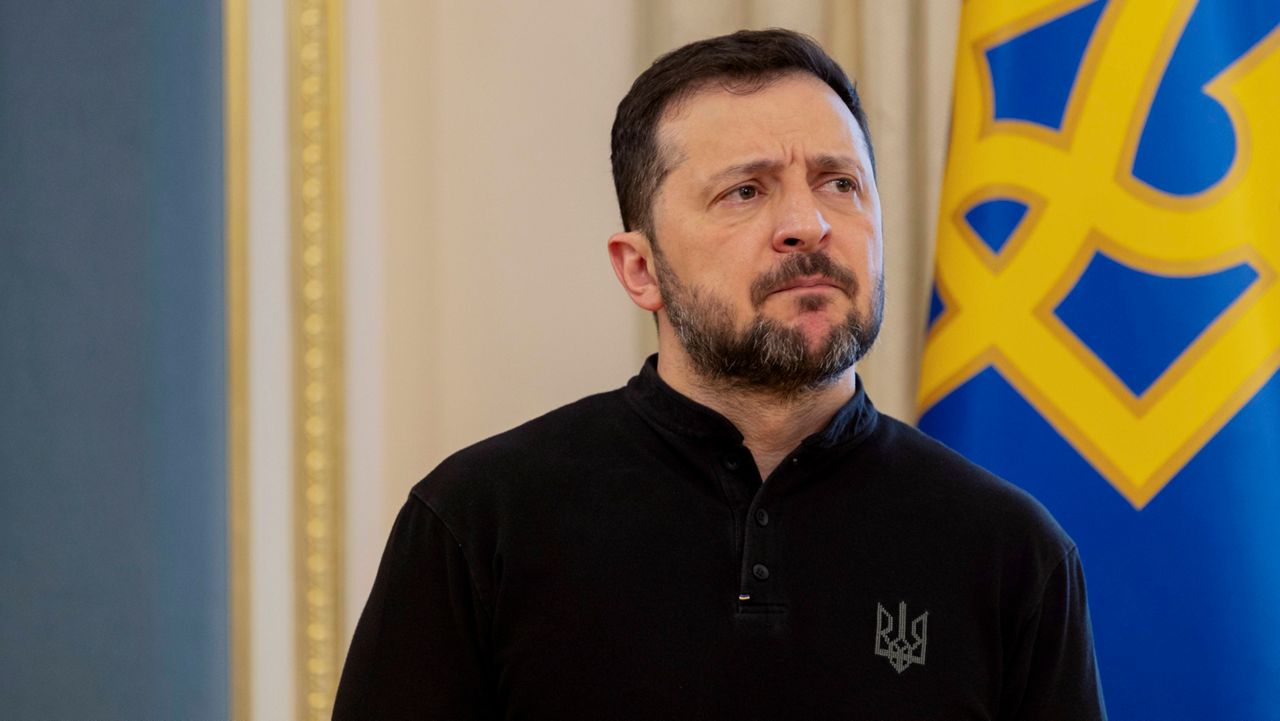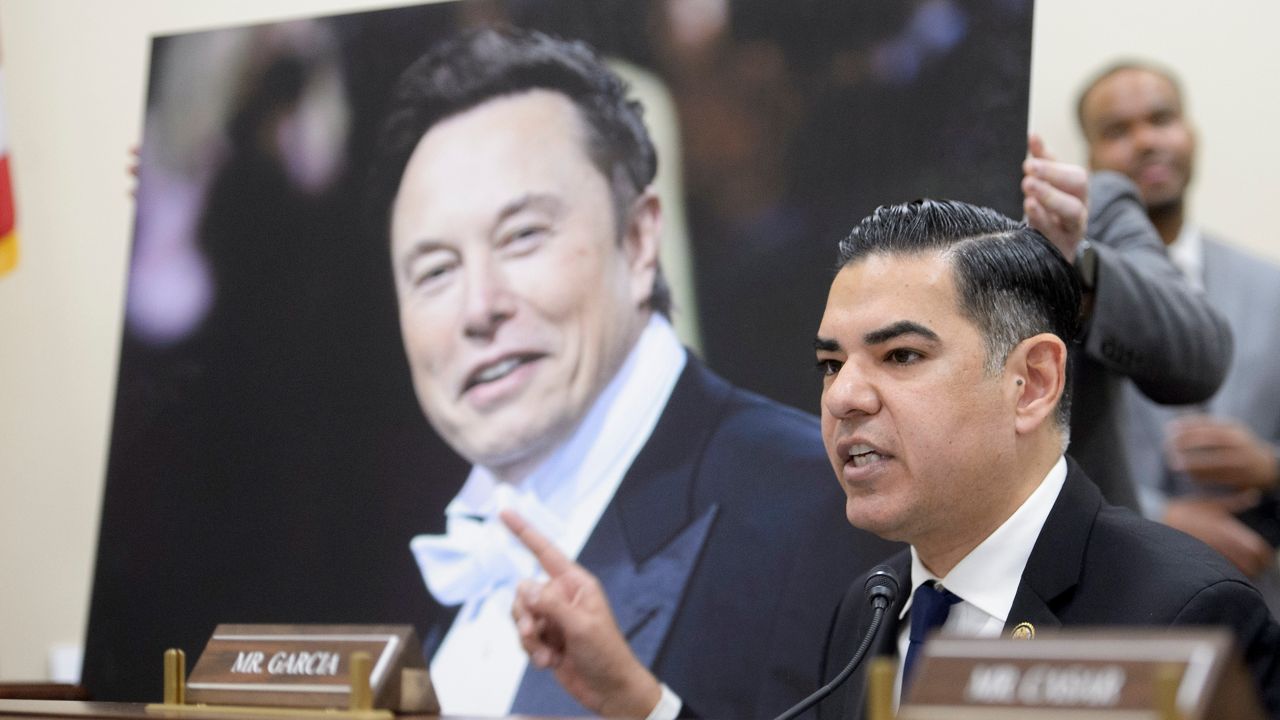Just over a year out from the 2024 election, Republican Party leaders have a clear message for their voters: “Democrats are going to vote early. Democrats are going to vote by mail. Republicans need to vote early. Republicans need to vote by mail.”
That message, relayed by the Republican National Committee legal communications director Gates McGavick in an interview with Spectrum News, is the key premise of the RNC’s new “Bank Your Vote” campaign.
The nationwide effort announced earlier this summer seeks to encourage GOP voters across the country to utilize early voting methods — whether that be through in-person early voting, absentee and mail-in ballots or “ballot harvesting, where legal.”
The full-force messaging push marks a significant shift from recent years in which some of the party’s most influential figures, notably including former President Donald Trump, condemned such types of voting.
“Republicans are playing catch up on an issue that shouldn't have been political, but the former leader of their party decided to make it a political one,” Biden-Harris 2024 campaign spokesperson Kevin Munoz said in an interview with Spectrum News when asked about the RNC’s campaign.
Democratic voters embraced early voting in 2020, which saw now-President Joe Biden defeat Trump, and the 2022 midterm, in which Democrats retained control of the Senate and only narrowly lost the House. One survey of registered voters after the 2020 contest by the MIT Data and Science Lab found, compared to Democrats, nearly half as many Republicans recorded voting by mail.
Republican leaders are not shy or ambiguous about why they feel their fresh early-voting push is so important for the party.
“The thinking here is Democrats take advantage of early voting, mail-in voting at every turn. So, if we don't do the same thing, we're leaving points on the board, we're making it harder for our candidates to win,” McGavick said.
McGavick explained the RNC — under Chairwoman Ronna McDaniel — “has spent hundreds of millions of dollars” to develop a “cutting edge data program that builds voter files on people around the country.”
“That data program is how we sort through voters and try to understand who needs to vote early, who might be able to vote early, who has voted early in the past, maybe who hasn't, who do we need to contact to make sure they get to the polls,” he said.
From there, the RNC is working with state and local partners and other national committees to reach voters on the ground, mobilize volunteers and conduct focus groups on how to best communicate on the subject, with the campaign’s press release noting the importance of Republican leadership and candidates delivering a “unified message nationwide.”
Despite sowing doubt in the past, Trump recently participated in a video supporting the campaign.
“This is a very deliberate state-by-state process to make sure that Republicans take advantage of voting early,” McGavick said.
Thus far, since the effort was launched in June, the RNC has rolled out the campaign in Wisconsin and California, with major party figures in each state — such as Sen. Ron Johnson, R-Wis., and House Speaker Kevin McCarthy, R-Calif. — taking part.
In Wisconsin, less than one percentage point has separated the Republican and Democratic nominees in four out of the last six presidential elections. Biden won the White House in 2020 while winning the state over Trump by less than a percentage point. Trump won Wisconsin by less than a percentage point when he was elected in 2016.
The RNC ran an ad promoting the early-voting campaign during Wednesday’s debate.
California, on the other hand, statewide, is certainly not considered a swing state — but its handful of ultra-competitive House districts has made it impactful in determining which party controls the lower chamber.
“We have an incredibly robust grassroots volunteer organization. We finished the 2020 election cycle with about 42,000 volunteers, we finished the 22 election cycle with over 74,000 volunteers,” California GOP Chairwoman Jessica Millan Patterson said, pointing to the difference it can make in razor-tight House races like California Republican Congressmen Mike Garcia’s 333-vote win and John Duarte’s victory by less than 600 votes.
“So it's taking that apparatus and marrying it with our local electeds, our state electeds, our congressional electeds and our friends on the national level to push out this message of voting early and making sure we're banking those votes so we can move on to other individuals, persuade them to vote Republican and turn them out as well,” she continued.
Since ballot collection — or "ballot harvesting" as some call it — became legal in the state, Millan Patterson emphasized her party’s work in the sphere, saying the California GOP decided “we are not going to cede that ground to Democrats, we were going to get out there and we were going to do it as well as they did.”
The practice allows a voter to designate a third party to gather their ballot and return it. In California, it is legal as long as those gathering and returning ballots are not paid based on the number of ballots they collect.
Millan Patterson said the California Republican party’s strategy focuses on a neighborhood team leader program of volunteers as well as engaging “partners in the business community, in the faith community to help us collect ballots and turnout people.”
Amid the party’s active endorsement of such early-voting methods is a qualification — McGavick said the reason they “feel good about this” is because of their work on election integrity — noting the RNC put tens of thousands of poll watchers and workers on the ground during the midterm cycle and mentioned lawsuits filed by the committee.
“A lot of those lawsuits were aimed directly at protecting safeguards for mail-in voting, for absentee voting, getting rid of ballot harvesting in some cases and taking advantage of it in other cases,” he said.
Going into 2024, the RNC believes those efforts will convince Republican voters.




